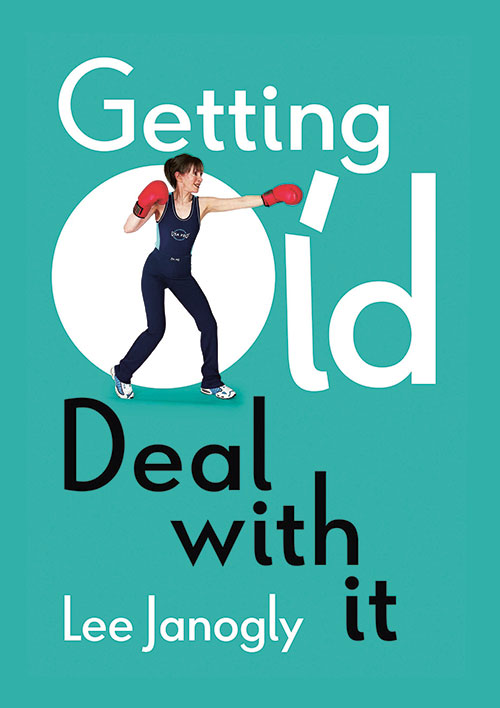My friend Eileen, 84, went to her doctor with a minor ailment. She happened to be accompanied by her daughter as they were going shopping afterwards. Once seated, the doctor – male – turned to her daughter and said soothingly, “So how has she been lately?”
Eileen raised her arm and said “Hello doctor, I’m here! I’m not deaf or senile, I can answer for myself.” The doctor had the grace to look slightly abashed.
On a recent episode of Have I Got News for You, a comedian gave his impression of an old person eating ice cream. Hunched over, he screwed up his face and mimicked licking an imaginary cornet whilst making slurping noises. This was spiteful and demeaning. I know this comedian is the father of two young children. Why is he teaching them it’s OK to represent older people this way?
While it seems we have reached a stage where everyone is offended by everything, it is correct that no-one should be mocked for the colour of their skin or their religious beliefs. However, old people are fair game for verbal abuse. Jokes about deafness, incontinence and senility are acceptable subjects for humour and no-one turns a hair. Phrases like “grumpy old sod” and “stupid old bat” are commonplace. Ageism – that is when people are defined by their age rather than their personality, individuality or beliefs – is alive and well in our society.
What about the way older people are portrayed in films and sitcoms? They always seem to have stooped postures, wrinkles and grey or thinning hair. A grandfather is introduced descending the stairs in a stairlift clutching a walking stick; that’s that one sorted.
We are not all sitting at home knitting covers for our hot water bottles.
These stereotypes bear no resemblance to the people I know in their 70s and 80s. That is why I have written my book, Getting Old, Deal with it. I want to dispel the notion that old people are slow, frail, dim-witted and, to use a favourite media phrase, a “burden
on society”.











